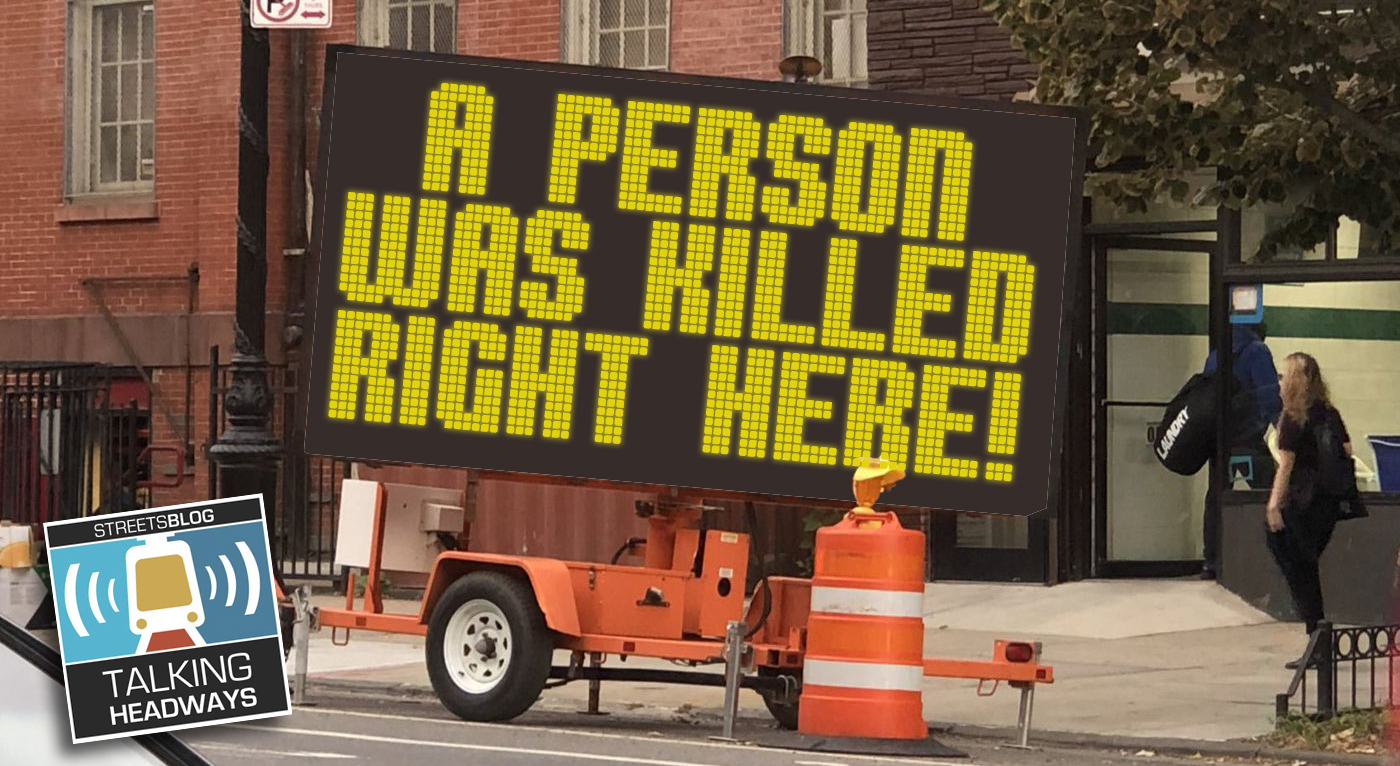You can usually count on Vox for accurate, research-based explainers of public policy issues. That's why the new Vox video on red light cameras is so monumentally disappointing.
Researchers have established that red light cameras make streets safer by reducing potentially fatal T-bone collisions, though they do lead to more rear-end crashes, which tend not to be very serious. But motorists upset about receiving fines for dangerous driving mobilize tenaciously against automated enforcement. The use of red light cameras in Colorado, for instance, is consistently under siege in the state legislature. They are currently outlawed in more than a dozen states.
Campaigns against automated enforcement could hardly ask for better propaganda than this Vox video. Here's a look at what's so wrong with it.
1. Red light cameras save lives -- but who cares?
Once you get past the click-bait title, "Why Red Light Cameras Are a Scam," the piece starts out well. There are more than 30,000 traffic deaths every year in the USA, we're told, and "23 percent are intersection related." Vox also notes that the cameras reduce T-bone collisions and that they "really can and do save lives" -- but for some reason this is immediately overshadowed in the video by the increase in less deadly rear-end fender-benders.
And that's all we hear about the benefits of the cameras. The life-saving effect is treated as an aside at the very beginning before delving into the sinister drawbacks.
2. Cities make money from cameras -- but cameras also cost cities money!
Cities around the country "bring in millions of dollars in fines" from the cameras, the narrator says. Camera companies also have "incentives to get a lot of contracts" to install and maintain the cameras, which in turn "costs cities millions of dollars."
These criticisms are in direct tension. Are the cameras a cash grab or do they cost cities money? It can't be both.
But the real problem is that Vox has sensationalized a typical way that governments procure things they can't make or do themselves.
You could make similar observations about Breathalyzer manufacturers, for instance. Governments collect fines from drunk driving citations, and companies that make Breathalyzers turn profits from government contracts, which consume some small share of the public budget. Does that make drunk driving enforcement "a scam"?
3. There was corruption in Chicago involving red light cameras
In Chicago, a city official was convicted of taking bribes from a camera company, and the company in question may have bribed other city officials.
Government corruption is bad, of course, and this case in Chicago justifiably undermined public confidence in the city's automated enforcement program. But is the automated enforcement business more prone to corruption than any other aspect of local government, like training school principals or procuring lumber? Vox provides no evidence that it is.
Vox never mentions that there are ways to assess how a particular city's cameras affect safety and whether they change motorist behavior. In New York, for instance, the number of red light violations at locations with cameras has declined over time, a sign that more drivers are obeying the law (the increase in 2008 happened when 50 cameras were added to the program):

No doubt, some red light camera programs are designed and run better than others. Vox could have explained the difference. Instead it produced a video that plays right into some motorists' belief that they have a "right" not to be fined for breaking the law.




